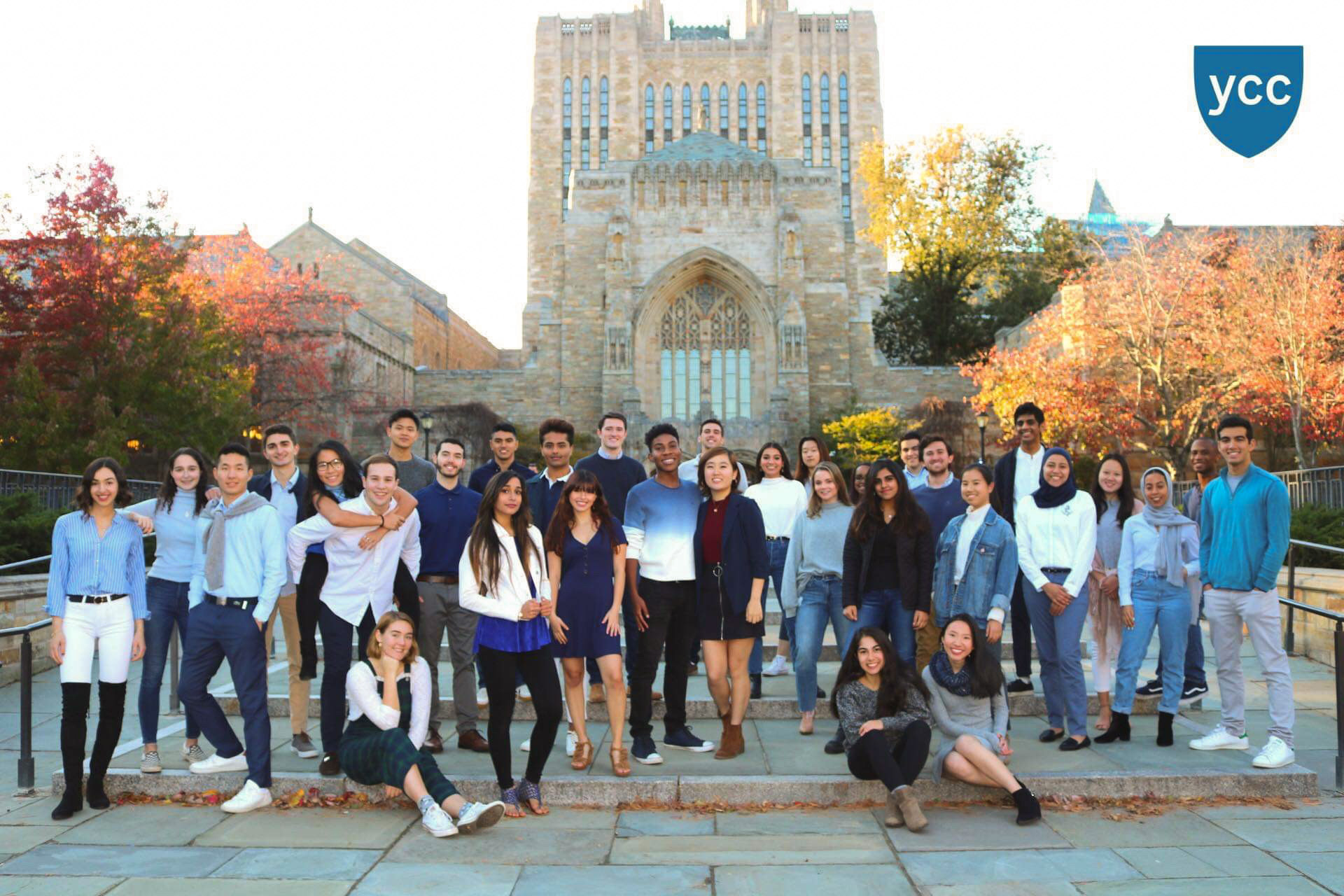
Former Yale College Dean Jonathan Holloway’s first-year address to the class of 2020 espoused the ideals of a “Yale citizen,” calling on the class to celebrate its diversity and to understand and tackle the complexity of Yale.
In 2016, the Office of Undergraduate Admissions accepted 1,972 students to the class of 2020 from a pool of 31,455 applicants, representing 6.27 percent of applicants. During the 2016–17 academic year, the Yale student body had 5,481 students. The Yale student body has since grown to 6,115 students in the 2019–20 academic year.
“As we emerge from this incredibly challenging selection process, my colleagues and I are inspired by Yale’s extraordinary applicant pool,” Dean of Undergraduate Admissions Jeremiah Quinlan said. “Students admitted to the class of 2020 represent all 50 states, and 63 countries. They expressed interest in majoring in more than 70 Yale academic programs. They will graduate from more than 1,350 secondary schools around the world.”
This year, Yale College admitted 2,304 students to the class of 2024 from a pool of 35,220 applicants, representing 6.54 percent of applicants. Admitted students for the class of 2024 come from all 50 states, as well as from Washington D.C., Puerto Rico and 72 countries.
The number of U.S. citizens or permanent residents who identify as minorities has increased, in addition to the number of first-generation, low-income students. Mark Dunn, the director of outreach and recruitment and associate director at the Office of Undergraduate Admissions, stated that the number of first-generation students has increased 33 percent over the past four years. During that time, the number of Pell Grant recipients — a subsidy the federal government provides for students who need it to pay for college — at Yale has increased by around 38 percent.
This year, the QuestBridge program, a non-profit organization that has paired low-income applicants with Yale for 13 years, matched the University with 87 applicants, the greatest number of its students admitted early since the partnership’s inception.
“Dozens of staff members dedicated countless hours over the past six weeks to carefully consider applications and financial documents from an exceptional group of applicants who have all achieved remarkable academic and personal successes, despite coming from households with limited financial resources,” Dunn said.
In addition to an increase in FGLI students, the data also point to a significant increase — 31 percent since 2016 — in Yale College students who identify as domestic minorities. More than 50 percent of U.S. citizens and permanent residents in the class of 2023 self-identified as a race or ethnicity other than white.
Former Yale College Council President Saloni Rao ’20 noted that many of last year’s policy pushes were focused on increasing outreach to a more diverse community.
“First, we tried to focus internally,” Rao said. “This year’s YCC is more diverse than ever. We have our first black student body president [who is] doing amazing. We tried to shine a light specifically on groups that represented certain identities.”
The admissions office also noted an increase in the number of students who are intending to major in STEM fields, a number that has risen by around 20 percent. This increase has been naturally occurring for the past few years, and can be partially attributed to increasing interest in STEM fields nationwide, Dunn said.
Aadit Vyas ‘20 notes that the Class of 2020 has seen the University undergo radical transformations — ranging from the closure of Commons dining hall, the renaming of Calhoun College to Grace Hopper College and the addition of two more residential colleges. He noted that as a result, the Class of 2020 is used to changes which have also shaped the class, making it “tight-knit but also resilient.”
“One of the most important messages we share is that Yale’s close-knit and supportive communities are strengthened by their diversity,” Dunn said. “And more than anything, I think, it is these communities that draw prospective students to Yale.”
The class of 2020 is the last class before the increased enrollment to graduate from Yale.
Khue Tran | khue.tran@yale.edu






